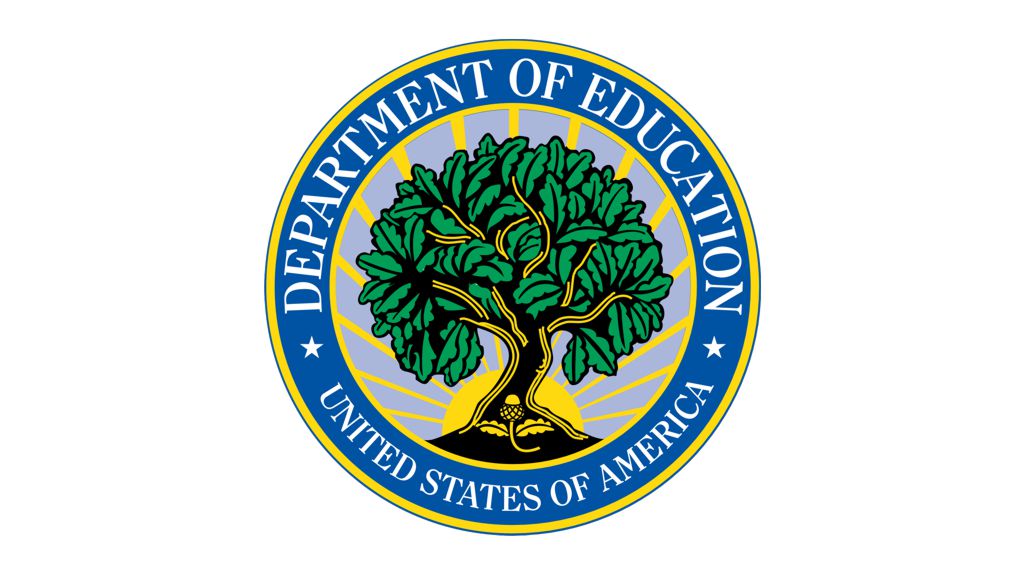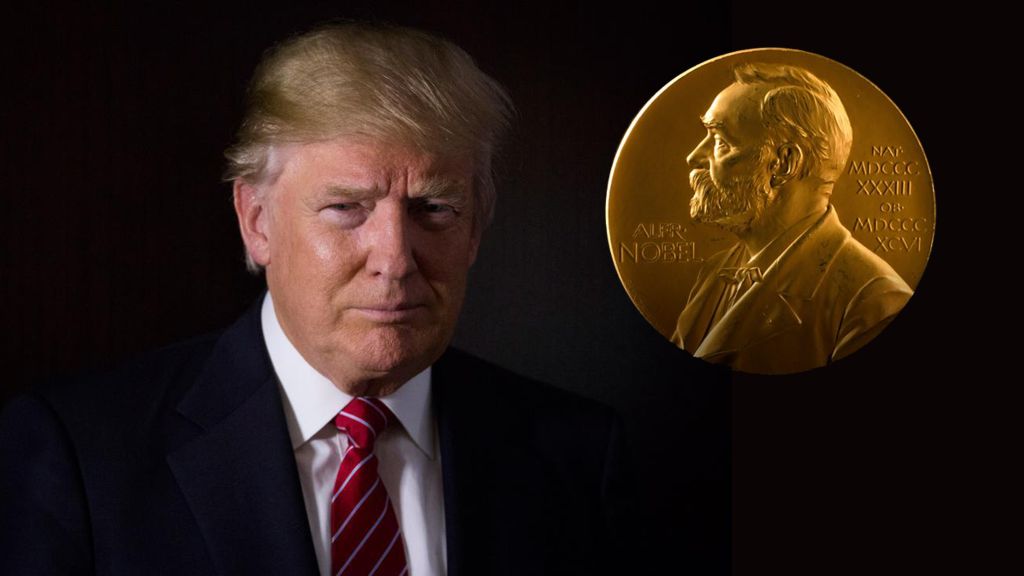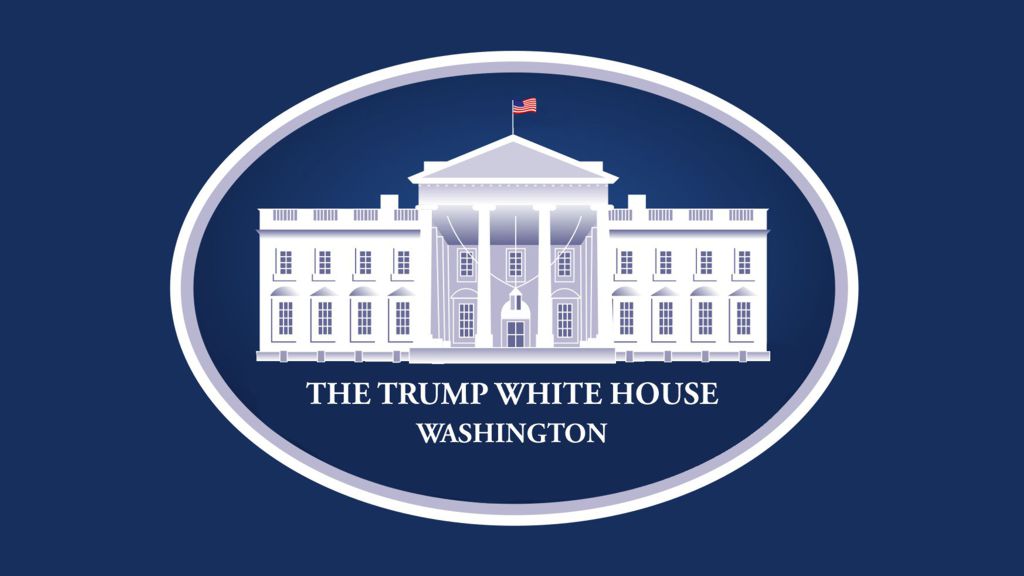WASHINGTON — Today, U.S. Secretary of Education Betsy DeVos delivered on her promise to protect free inquiry and religious liberty on campus by publishing the Improving Free Inquiry, Transparency, and Accountability at Colleges and Universities final rule (see below). The new rule will ensure that public institutions of higher education uphold fundamental rights guaranteed by the First Amendment to the U.S. Constitution and that private institutions of higher education adhere to their own policies regarding freedom of speech, including academic freedom. The final rule also ensures the equal treatment and constitutional rights of religious student organizations at public institutions and provides clarity for faith-based institutions with respect to Title IX.
“This administration is committed to protecting the First Amendment rights of students, teachers, and faith-based institutions. Students should not be forced to choose between their faith and their education, and an institution controlled by a religious organization should not have to sacrifice its religious beliefs to participate in Department grants and programs,” said Secretary DeVos. “These regulations hold public institutions accountable for protecting the First Amendment rights of students and student organizations, and they require private colleges and universities that promise their students and faculty free expression, free inquiry, and diversity of thought to live up to those ideals.”
The Department’s final rule was created after reviewing more than 17,000 public comments. It addresses four areas of critical importance:
- First, to implement Executive Order 13864, Improving Free Inquiry, Transparency, and Accountability at Colleges and Universities, public colleges and universities must comply with the First Amendment as a requirement to receive Department grants. Private institutions of higher education must comply with their own stated institutional policies regarding freedom of speech, including academic freedom, as a requirement of Department grants. Due to the well-developed body of case law by state and federal courts on First Amendment rights and violations of stated institutional policies, the Department will rely upon a final, non-default judgment by a state or federal court to determine whether a public or private institution has violated these material grant conditions.
- Second, the rule clarifies how an institution may demonstrate that it is controlled by a religious organization for purposes of Title IX. Federal law provides that Title IX “shall not apply” to educational institutions that are “controlled by a religious organization,” to the extent that application of Title IX would not be consistent with the religious tenets of such organization. Neither Title IX nor its implementing regulations have ever before defined what it means for a school to be “controlled by a religious organization.” The final rule includes a non-exhaustive list of some of the most common concrete factors that an institution may rely upon to demonstrate that it is “controlled by a religious organization” for Title IX purposes.
- Third, the rule ensures equal treatment of religious student organizations at public colleges and universities. As a requirement of the Department’s grants, public colleges and universities must not deny to a religious student group any of the rights, benefits, or privileges that other student groups enjoy. For example, a religious student group must have the same rights as other student groups at the public institution to receive official recognition, to use the institution’s facilities, and to receive student fee funds. Equal treatment of religious student groups is now a material condition of the Department’s grants.
- Fourth, the rule revises regulations governing some discretionary grant programs under Titles III and V of the Higher Education Act of 1964, as amended, to better align with the First Amendment and other federal laws. Current regulations could prohibit a school from using such a grant for even secular activities or services such as teaching a course about world religions. The rule more narrowly tailors the prohibition on the use of these grants to religious instruction, religious worship, or proselytization. The rule also more narrowly defines a “school or department of divinity” to clarify that institutions are not prohibited from using grants for a secular department of religion.
The final rule will be effective 60 days after the date of official publication in the Federal Register.
U.S. Department of Education Website
A fact sheet on the final rule is available below or here.






